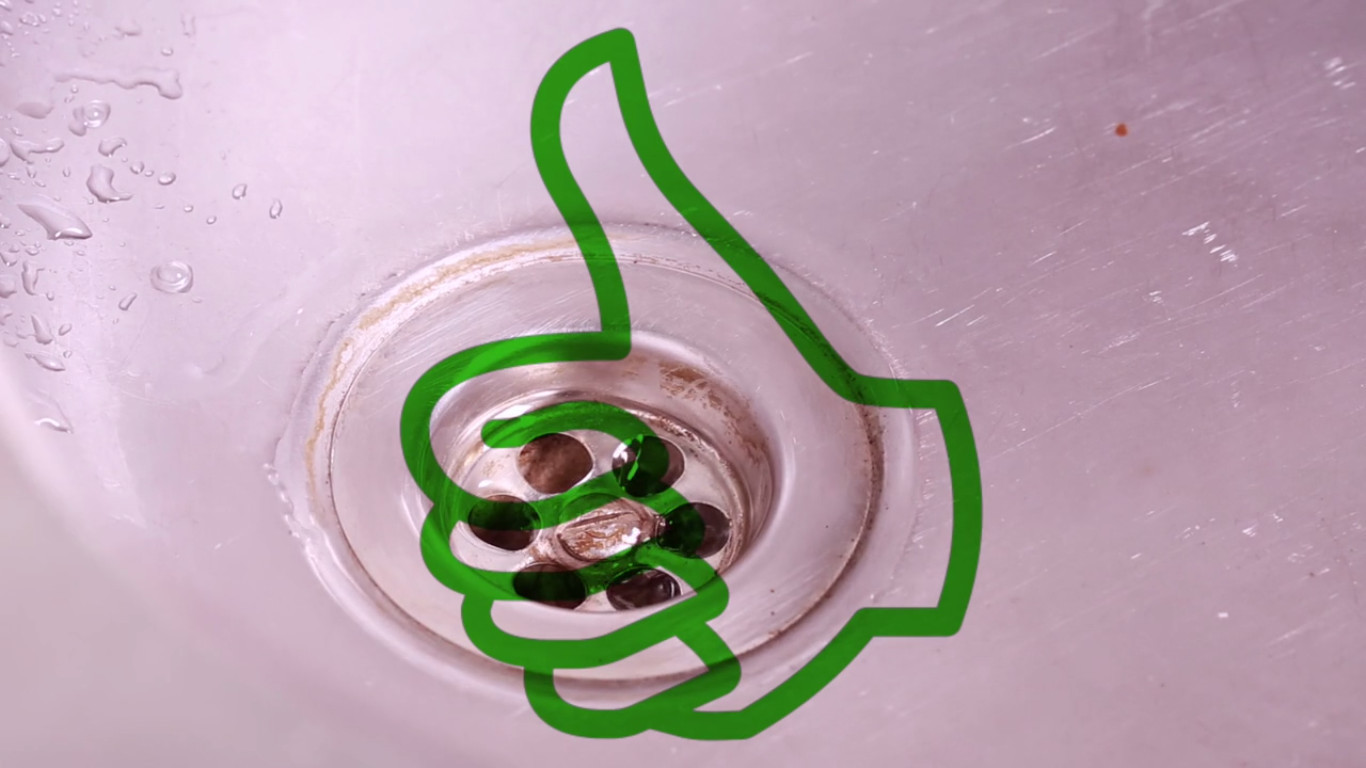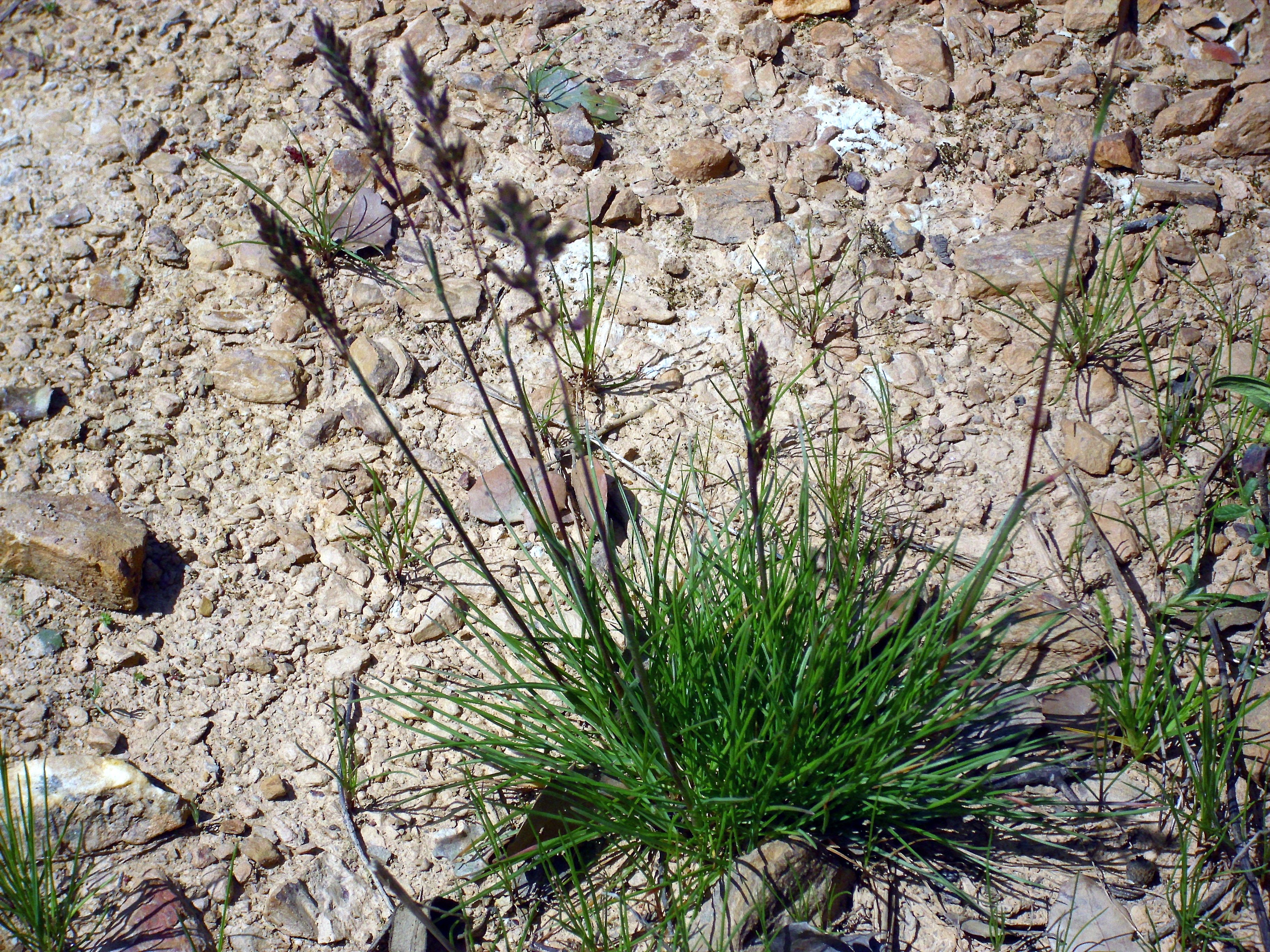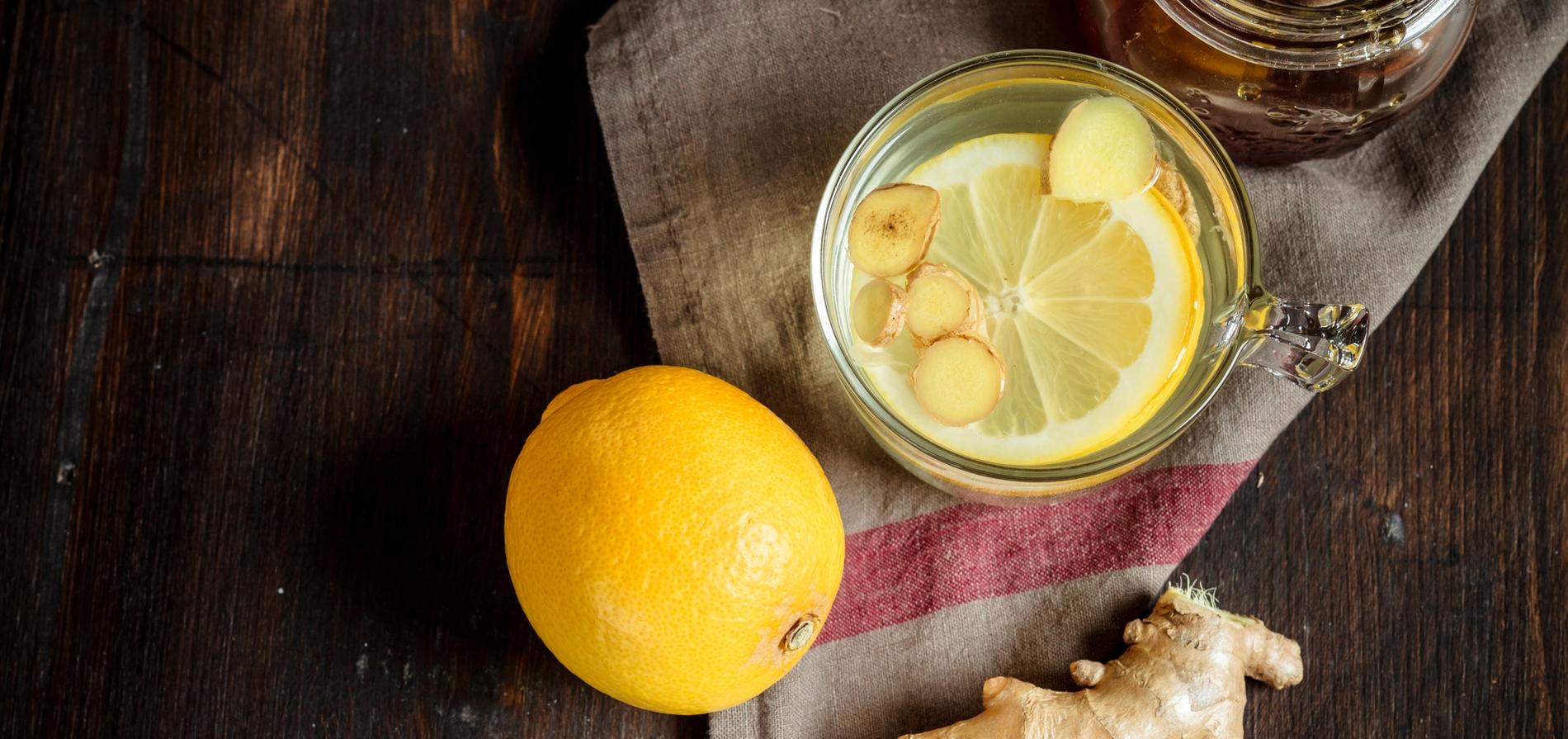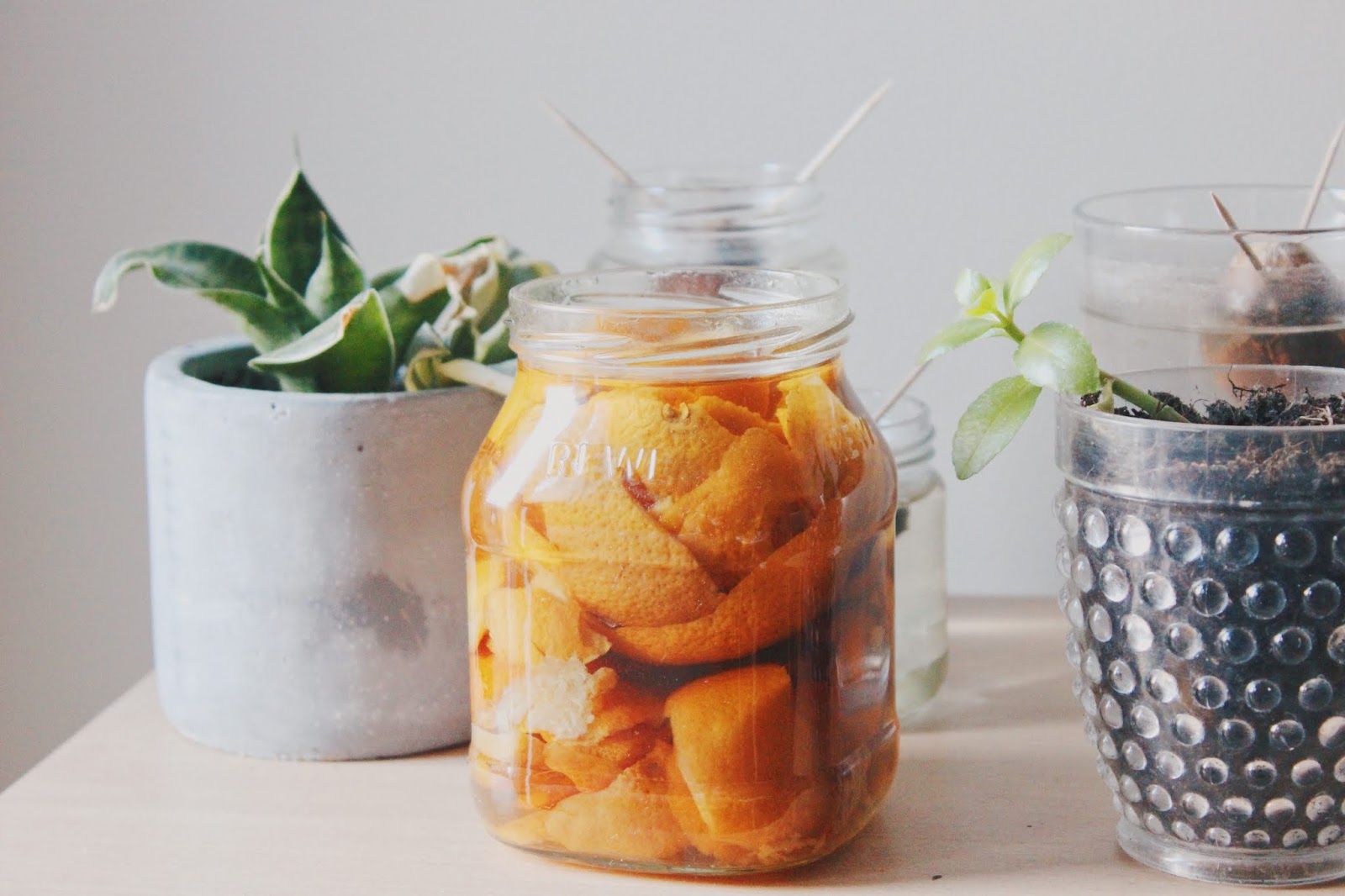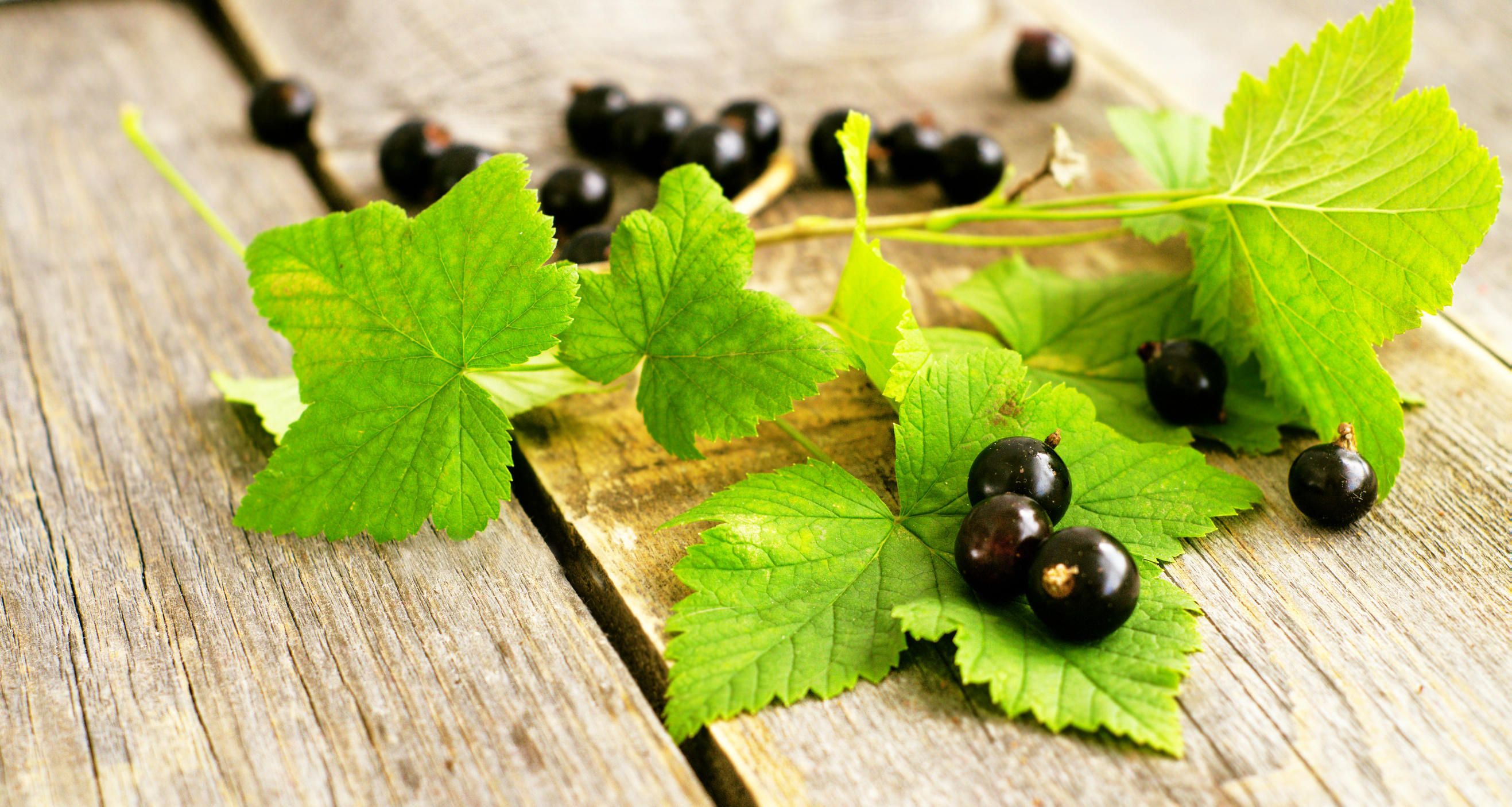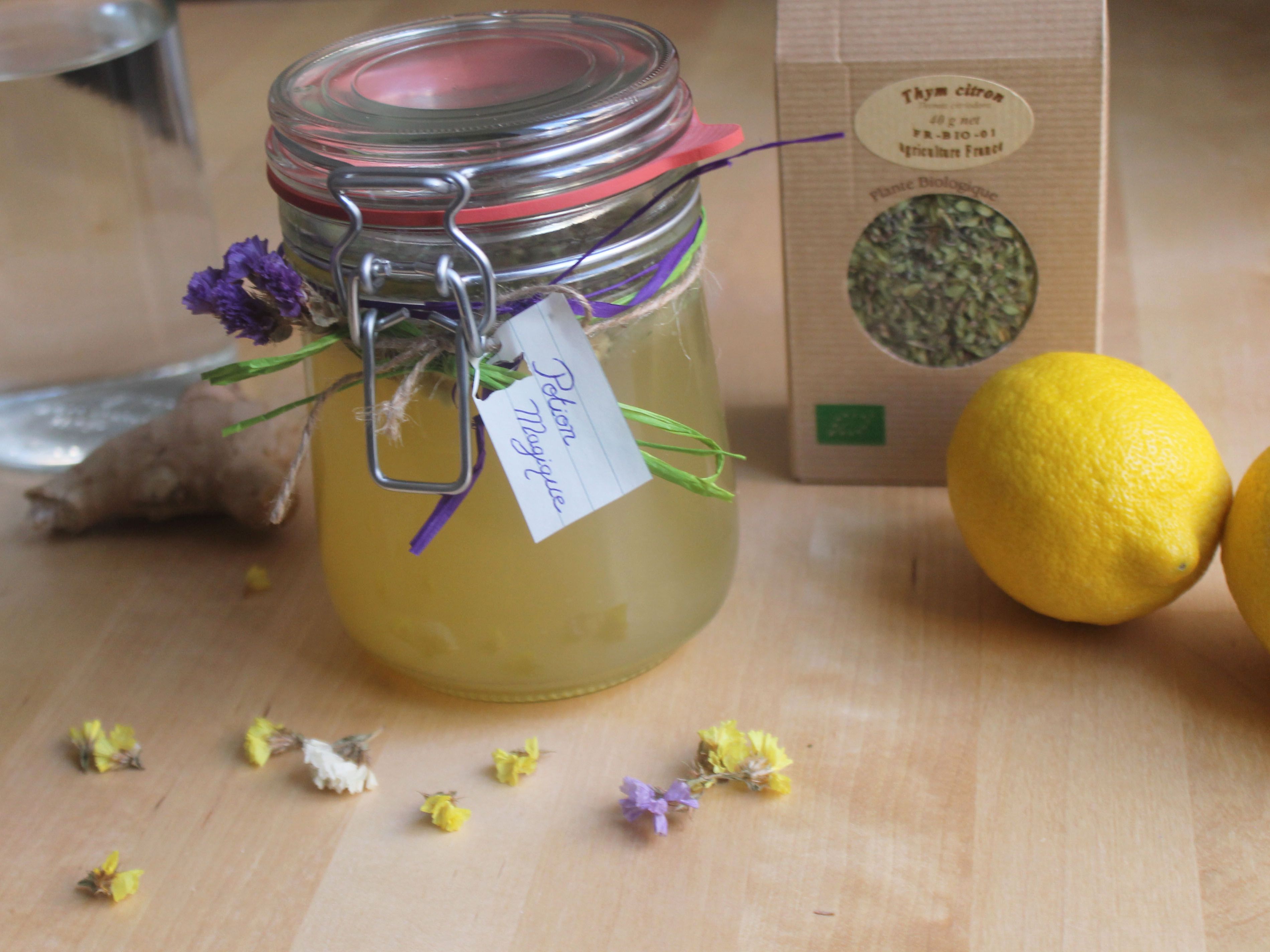13 Natural Tips Against Slugs That Really Work.
Slugs are present in all gardens ...
... and cause a lot of damage to plants and vegetable gardens.
The concern is that commercial slug control products are toxic to birds and other wildlife.
In addition, their effectiveness fades after the rain, just when the slugs are most active ... So what to do against slugs?
Still, there are natural slug killers that are super effective at keeping them away.

These ecological repellents also have the advantage of being very inexpensive.
With these homemade slug control products, they shouldn't be in your yard for long.
Here are 13 natural, non-toxic and inexpensive tips to fight slugs naturally:
1. Water in the morning and not in the evening

The first thing to do in the fight against slugs is to make a good habit. The time when you will water your garden is important. Indeed, slugs are more active at night and even more if the soil is wet.
So avoid watering your garden at night if you don't want to attract slugs. Water instead in the morning: the surface of the soil will dry out during the day. Studies show that it can reduce slug damage by 80%.
2. Algae

If you can get some seaweed, it's worth collecting a big pile of it. Algae is not only a good fertilizer for the garden, but it is also a formidable natural repellent against slugs.
Use algae to mulch around the base of plants or around the vegetable patch. Put about 3 to 4 cm thick seaweed. As they dry, they will reduce.
Seaweed is salty and slugs hate salt. During hot periods, the algae dries up and becomes very rough, which is a deterrent to slugs. Do not put algae in direct contact with plant stems.
3. Copper

Small copper strips can be placed around flowerpots or raised vegetable patches. They prevent slugs from eating your salads.
Cut 2 cm copper strips and wrap the lower part of the flowerpots. You can also put the strips directly on the ground or on the edge of the vegetable garden, making a "fence" against slugs.
Check that the leaves of your plants do not make a "bridge" for the entry of slugs into the protected area. Copper barriers also work great around wooden barrels used as flower boxes.

There is also a non-toxic copper based metal wick that can be wrapped around the stems of plants. It acts as a barrier against slugs.
When the slugs come in contact with the metal rod, they receive an electric shock. The mesh also serves as a physical barrier. These shields are reusable, durable and weather resistant.
4. Diatomaceous earth

Diatomaceous earth (also known as "insect dust") is made up of the skeletal remains of microscopic creatures. It is therefore an abrasive and rough substance.
It repels and eliminates fragile pests, causing them to dehydrate. The grainy diatomaceous earth can be sprayed around the garden or individual plants. It can also be mixed with water to spray directly on the leaves and stems of plants.
Diatomaceous earth is still less effective when wet, so use it in dry weather. Wear protective equipment when applying, as it can irritate the eyes and lungs.
Make sure you buy natural or agricultural diatomaceous earth, not the one intended for swimming pools, which is smoother and therefore much less effective.
5. Electronic fence

The electronic mini-fence is a non-toxic and effective method of keeping slugs out of the garden or flower beds. You can make a slug barrier yourself by powering it from a 9 volt battery.
When a slug or a snail comes in contact with the fence, they receive a small discharge which will dissuade them from passing. Besides, it doesn't kill them.
The battery works for about 8 months. The electronic fence repels slugs and snails, but is harmless to people and pets. Discover the video tutorial here.
6. The lava rock

Like diatomaceous earth, the abrasive surface of lava repels slugs. You can use the volcanic rock as a barrier around the plantations.
Place it on the ground, around the areas to be protected. Be careful not to let dirt or vegetation form a bridge that the slugs will rush to cross.
7. Salt

If all else fails, go outside at night with the salt shaker and a flashlight. Take an inspection tour to see the areas with the most damage.
This should help you locate the slugs. Then sprinkle some salt directly on the slug. A little barbaric, but very effective. The slug will not resist for long.
This is a solution that should only be used as a last resort, as it results in the death of the slug. Also, don't spill too much salt on the ground, as this will end up making the area infertile.
8. Beer

Slugs are attracted to the beer they love. Pour a small amount of beer into a small, shallow pot. Bury it, leaving only the edge protruding. The slugs will crawl to taste the beer and will fall into the container without being able to get back up.
To prevent the rain from diluting the beer, make a small shelter with the lid of the pot supported by a stick. Leave enough space for the slugs to fit into the pot.
9. Grapefruits

Slugs like to hide in the shade. To do this, overturn an earthen flower pot. Leave a small passage by placing the pot on a stone. Leave it overnight, and you'll find the slugs inside by morning.
Grapefruit halves work the same way, with one great advantage: the scent of the fruit serves as bait.
There is another trap method, perhaps the easiest of all. It's about putting a fairly wide plank on the ground near the most devastated area.
The slugs will hide underneath during the day. It is enough to turn the board during the day to recover the culprits. You can do the same with the black plastic sheeting.
10. Garlic

Tests in the laboratory at the University of Newcastle-Upon-Tyne (UK) have revealed that garlic is a super slug repellant. It is a super effective slug repeller. Indeed, some commercial products that fight against slugs contain garlic.
But you can also do it yourself. It's easy and really economical. Mix 2 large heads of garlic and mix the mash obtained in about fifteen liters of water. Then spray this decoction directly on the plants to be protected.
Plus, it's an aphid repellant: you kill two birds with one stone :) Check out the trick here.
11. Coffee grounds

Coffee grounds scattered on the floor are a deterrent to slugs. The great thing is, the coffee grounds also act as a plant tonic! To be used in moderation all the same. Check out the trick here.
A magazine study Nature revealed that slugs and snails hate caffeine. If you spray plants with a caffeine solution, they are not only repelled, but often killed. In any case, this prevents them from eating the leaves of your plants.
The percentage of caffeine required in a spray is 1 to 2%, which is higher than what is found in a cup of coffee (0.05 to 0.7%). Thus, homemade blends are not completely effective. Look for commercially available organic caffeine sprays.
12. Eggshells

You can also use crushed eggshells. Put them around areas where there are plants to protect. You have to put on a good layer for it to be effective.
The eggshells drying become sharp, so the slugs will not risk crawling on them. Check out the trick here.
13. Commercial organic repellents

You can buy slug repellants at garden centers. There are different brands.
These repellents generally use one of these two active ingredients in their formulations: ferric phosphate and / or ferric sodium. Although both formulations are effective, there are significant differences in their toxicity.
Ferric phosphate is on the list of certified organic materials review institute (OMRI) products for organic producers. It is non-toxic to people, pets, birds, insects, earthworms and other wildlife.
On the contrary, ferric sodium is very toxic to wildlife. The most common brand is Safers. This brand has both types of products, but they are packaged in similar plastic boxes. So make sure that the chosen product contains ferric phosphate and not ferric sodium.
When you apply a commercial slug repellent, apply it to a large area far enough away from your plants. Because these baits attract slugs, but don't kill them instantly, so the slug can still damage your plants.
Your turn...
Have you tried these grandma's slug remedies? Let us know in the comments if it worked for you. We can't wait to hear from you!
Do you like this trick ? Share it with your friends on Facebook.
Also to discover:
A Natural, Ecological and Free Anti-Slug and Anti-Snail!
Tired of Snails Eating Your Flowers? Here's the Repellent They'll Hate!

